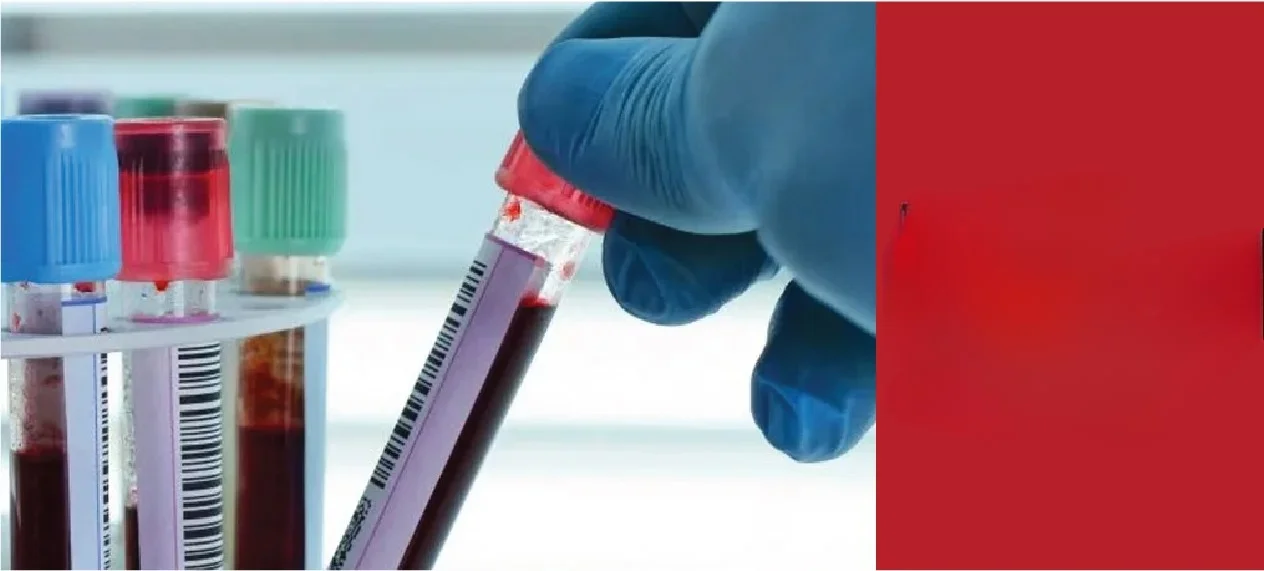
Blood-related cancers have become more common in India and have the third-highest number of haematological cancers globally. But most of the Indian population are still oblivious of their threat and what kind of treatments are required for these cancers. So let’s know more about these cancers and the modalities available in haematology oncology treatment in Udaipur.
Our bodies produce new cells to function, and these healthy cells die or divide to produce new healthy cells. But some mutations can also occur during this process. These mutated cells can multiply faster than normal cells and form a malignant tumour that attacks nearby tissues and organs. However, blood cancers don’t metastasize like most cancer and don’t always form a tumour. They occur in our blood cells which is why they aren’t contained to one organ.
In our body, we have infinite numbers of blood cells that keep us functional. These cells are white blood cells, red blood cells and platelets. While white blood cells boost immunity and fight diseases, red blood cells supply oxygen to our organs, and platelets ensure blood clotting in case of an injury. But in blood cancer, abnormal blood cells start developing and soon outnumber healthy blood cells. These abnormal cells usually develop in the bone marrow, which produces blood cells. These abnormal cells can hinder body functions and become fatal without the best Cancer treatment in Udaipur.
Fortunately, the rate of curability is pretty high in blood cancer. Timely intervention and medication can ensure that most patients become cancer-free. While blood cancers do have a high cure rate, the curability of cancer depends on several factors, such as the type of cancer and how far cancer has spread. But in most cases, Haematology Oncology doctor in Jaipur can effectively control cancer so their patient can live a normal, productive life for many years.
Blood Cancer Treatment can eradicate or prevent cancer cells through various modalities. However, most blood cancers aren’t contained in one body part or organ, so local treatments like surgery and Radiation Therapy are not a viable option. Hence, Oncologists administer medicine and drugs that can cure cancer and manage its side effects. These treatments can include mild Chemotherapy and Targeted Therapies, such as:
Read Also: Different Types Of Blood Cancer And Its Treatment
Chemotherapy uses cell-killing drugs that target and destroy cancerous cells. These drugs are usually given intravenously and travel around in the bloodstream and kill all cancer cells. They can also be given in tablets to support a more long-term treatment. Chemotherapy is often given in cycles that depend on the type of blood cancer and drugs you are having. While these drugs can kill cancer cells more effectively, they also damage healthy cells in your body and cause various side effects. Hence, Chemotherapy is often used with other Therapies like stem cell transplantation to improve results.
In Radiotherapy, Oncologists work with Radiologists to destroy cancer cells through high-intensity radiation beams, such as X-Rays. These beams are directed to where the cancer cells are growing, such as the spleen or lymph nodes. These beams will damage the cancer cells and prevent them from recurring. It’s the primary treatment to cure various Cancers, such as Hodgkin Lymphoma and Non-Hodgkin Lymphoma. While patients won’t feel anything during the treatment, various symptoms can occur during the course of the treatment. Hence, a stem cell transplantation can also be performed to improve its outcome and relieve side-effects.
Stem Cell Transplant is a secondary treatment for Blood Cancer patients who have a high risk of relapse or recurrence. It can destroy the abnormal Stem Cells producing cancerous blood cells. It also gives your body new, healthy stem cells to boost the production of healthy blood cells again. It can also be performed in conjunction with other blood cancer treatments like Chemotherapy and Radiation Therapy. While most cancer treatments destroy cancer cells, they also damage healthy cells. Hence, this treatment is usually administered to improve recovery after controlling cancer with chemotherapy. In this treatment, patients are given a blood formation system along with a high dose of drugs or radiation to kill blood cancer cells. This blood formation system is developed from an infusion of stem cells collected from a donor or patient before starting Chemotherapy. These stem cells can come from the blood, bone marrow, or umbilical cord blood.